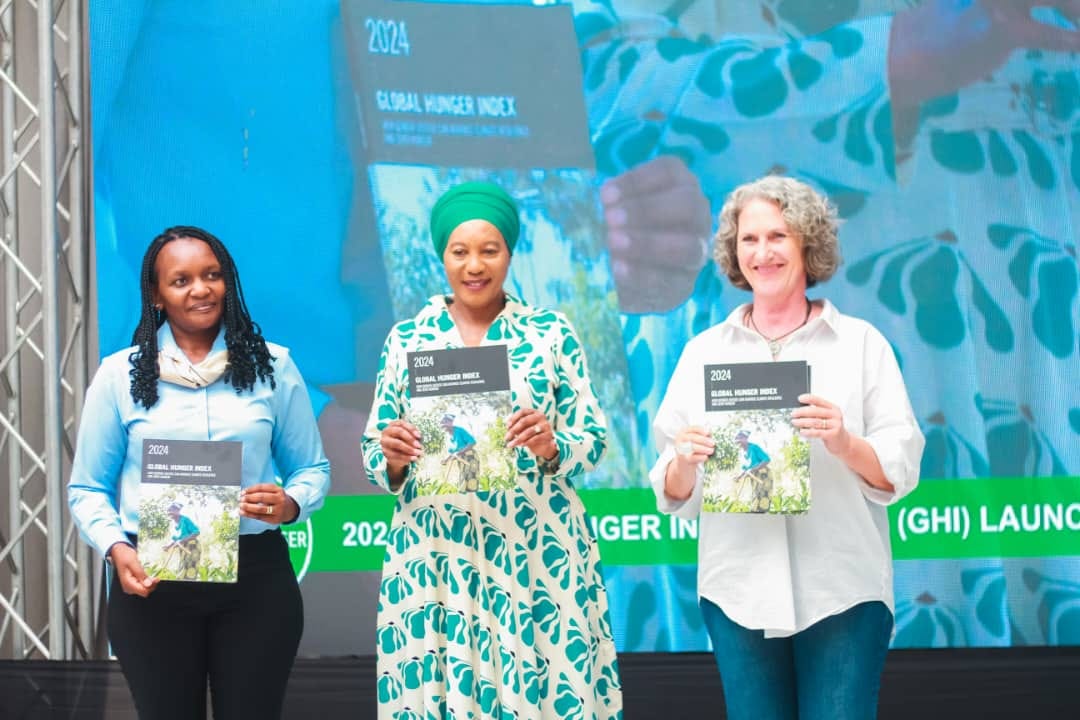Malawi Confronts Persistent Hunger Despite Progress, Global Index Shows
Key recommendations include improving agricultural productivity, enhancing nutritious food access, and addressing poverty and inequality.
LILONGWE, MALAWI — Malawi has made strides in reducing hunger, but significant challenges remain, according to the 2024 Global Hunger Index launched Wednesday, writes Tionge Hara.
Deputy Health Minister Halima Daud highlighted the report's findings, noting that 42 countries worldwide face severe hunger, with half experiencing persistent food crises since 2016.
The World Food Program reports over 309 million people currently face acute food insecurity. Malawi remains particularly vulnerable due to climate change, poverty, and agricultural limitations.
"The 2024 Global Hunger Index draws a correlation among gender justice, climate change, and food security," Daud said.
Agricultural data reveals Malawi's challenges. Seventy-one percent of the population lived below the poverty line in 2010, with low GDP per capita limiting food access.
The country's rain-fed agriculture makes it especially susceptible to weather shocks.
Despite these obstacles, Malawi has shown progress.
Child stunting rates dropped from 54.6% to 37.1% between 2000 and 2015-2016, while child wasting rates decreased from 6.8% to 2.7%.
Mphatso Liwewe from the Ministry of Agriculture emphasized the importance of gender justice and climate-resilient agricultural strategies.
The government plans to review its National Multi-Sector Nutrition Policy, incorporating emerging issues like climate-smart agriculture and food system improvements.
The Global Hunger Index, published by Concern Worldwide, WEIT Hungerhilfe, and the International Law of Peace and Armed Conflict, provides comprehensive global hunger measurements.
Community members at the launch shared testimonials about local initiatives like irrigation farming and village banks that have helped combat food insecurity.
Key recommendations include improving agricultural productivity, enhancing nutritious food access, and addressing poverty and inequality.



